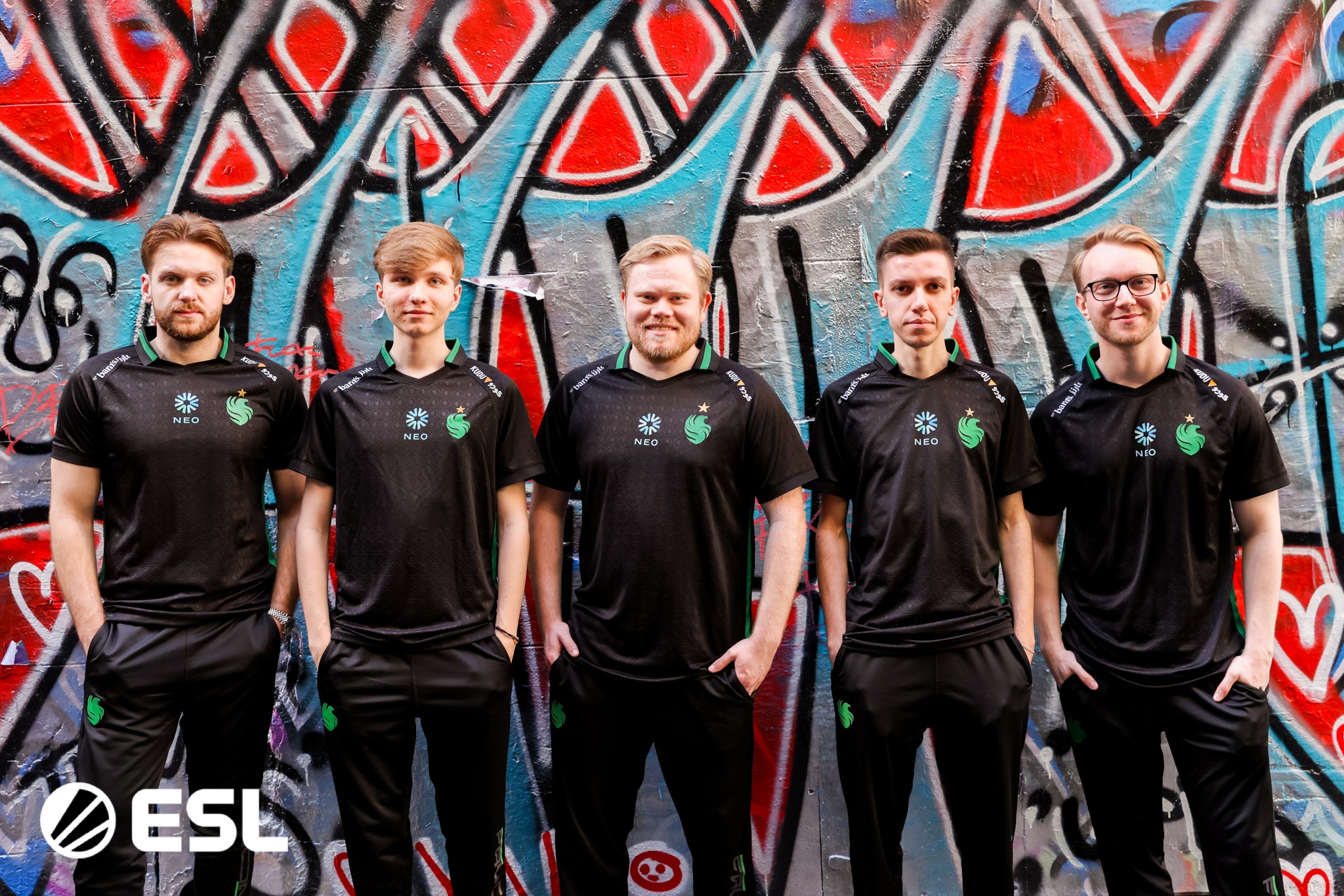The prestigious IEM Cologne 2025 tournament witnessed an unexpected early departure for the highly-anticipated Team Falcons, prompting considerable discussion within the Counter-Strike 2 community. Among the most vocal critics was prominent streamer Vyacheslav “Buster” Leontyev, who pointedly attributed the team`s struggles not to a lack of individual skill, but to a significant deficit in psychological preparation and team cohesion.
Buster`s Blunt Assessment: The Mind Game
Buster, known for his direct commentary, expressed strong opinions on Team Falcons` performance following their elimination from the group stage. His central argument revolved around the psychological readiness required for top-tier esports, especially for teams undergoing recent roster changes. He highlighted that despite the immense talent assembled, the mental aspect appeared to be severely lacking.
“Honestly, these rosters need to be psychologically equipped from the start, their mental operations normalized so everything functions correctly in their heads,” Buster stated on his personal stream. He then elaborated on the perceived impact of the new additions: “With kyousuke`s arrival… NiKo seemed completely disengaged, as if he`d flown off to Saint-Tropez.”
He continued, expressing his surprise and disappointment: “I had no doubt they [Falcons] would at least reach the playoffs, the main stage, but… their play was simply dreadful.”
Buster`s remarks underscore a critical, often overlooked, dimension of professional esports: the delicate balance of team chemistry and mental resilience. Building a “super team” on paper is one challenge; ensuring those disparate parts coalesce into a psychologically robust, cohesive unit is an entirely different, arguably more complex, endeavor.
The Tournament Trail: A Brief, Bumpy Ride
Team Falcons` journey at IEM Cologne 2025 was indeed brief and far from the dominant display many had anticipated. Their updated roster, featuring Maxim “kyousuke” Lukin, managed to secure an initial victory against GamerLegion. This opening win offered a glimmer of hope that the new lineup might find its rhythm.
However, the subsequent matches quickly dashed those aspirations. Falcons stumbled, suffering consecutive losses to The Mongolz and then to FURIA Esports. These defeats sealed their fate, placing them in the 9th-12th position and prematurely ending their tournament run. For a team boasting the caliber of Nikola “NiKo” Kovac, such an early exit from a major event like IEM Cologne is undeniably a significant setback.
Beyond the Frag: The Psychological Undercurrents
The Falcons` performance at IEM Cologne 2025 serves as a potent reminder that raw skill, while essential, is not the sole determinant of success in highly competitive esports. The integration of new players, the pressure of high expectations, and the ability to maintain composure under duress are all factors that profoundly influence a team`s trajectory.
The addition of a new player, even a talented one like kyousuke, can disrupt established dynamics. Teams must meticulously manage not just strategic adjustments but also the psychological well-being and integration of every member. As Buster`s comments suggest, if the internal `headspace` of the players is not normalized, even the most formidable individual talents can appear surprisingly inert.
Looking Ahead: A Test of Resilience
For Team Falcons, the early exit from IEM Cologne 2025 is more than just a loss; it`s a stark lesson. It highlights the imperative for deep psychological preparedness and careful roster management, particularly when combining star players with new blood. The team now faces the critical task of self-assessment, not merely in terms of tactical errors, but in addressing the underlying mental and collaborative foundations that appear to have faltered.
The road to true championship contention is often paved with such challenging moments. Falcons` ability to learn from this experience, address the psychological aspects of their game, and integrate their talents into a truly cohesive unit will define their path forward in the competitive landscape of Counter-Strike 2.

